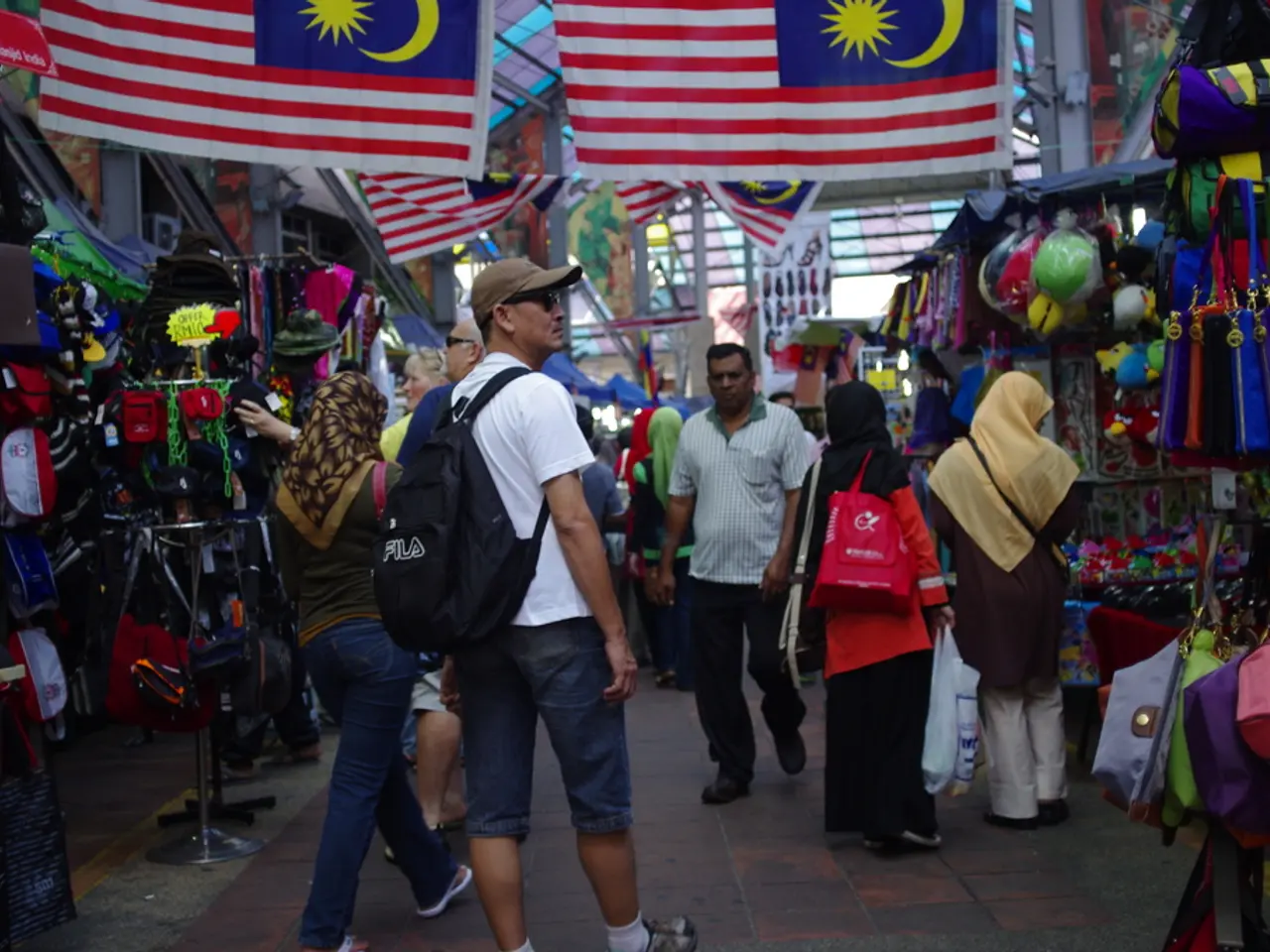Struggles of Women in Afghanistan Under Taliban Rule and the Difficulties for US Political Strategy
In the heart of Afghanistan, women are fighting for their fundamental human rights amidst surging violence and a complex political landscape.
The 2004 Afghan constitution mandated that 27% of seats in the Wolesi Jirga (lower house) and 17% in the Meshrano Jirga (upper house) be reserved for women, a significant step towards gender inclusiveness. This was a result of the efforts made by a team of Afghans and foreign legal experts who set out to draft a new constitution after the Taliban was routed in late 2001. The new constitution helped lay the groundwork for the legal equality of men and women.
However, the Taliban, historically committed to waging war against women, continues to roll out plans for its new caretaker government, with no women among the list of new cabinet members. The Taliban is assassinating women's rights advocates and politicians, murdering schoolgirls, and appears determined to wipe out electoral processes and women's rights, wholesale.
These actions stand to erase nearly a century of momentum in terms of advancements in women's rights and political participation in Afghanistan. By the 1970s, women were employed in various sectors such as legal, education, public administration, and healthcare, with roughly 50% of university students being women. By mid-century, females were being educated en masse at Kabul University and abroad in countries like Turkey.
Notable figures like Queen Soraya Tarzi (1926-29) advocated for women's education and employment rights, and improved working conditions for women in the 1920s. Malalai Joya, a female political delegate involved in the 2003 constitutional loya jirga, protested provisions she argued would politically empower warlords.
The United States, under Secretary of State Antony Blinken, appears to favor pressuring the Taliban government to protect the rights and fundamental humanity of women and girls, acknowledging at least de facto authority. The UN secretary-general has expressed grave concerns for increased human rights violations under the rising caretaker government.
The National Resistance Front has declared the Taliban regime illegitimate and has aspirations for its own parallel government. The hasty withdrawal of US forces in August has created a complex situation, raising critical challenges for the United States regarding what to do with a Taliban government in power.
Joel Blaxland, an assistant professor of political science, expresses concerns about the future of women's rights and empowerment under a Taliban regime. The article does not provide new information about the 2001 US-led military invasion helping bring to the world's attention the disregard for women's rights under the Taliban regime of the 1990s, the 2001 team of Afghans and foreign legal experts setting out to draft a new constitution, or the 1964 Afghan constitution favouring statutory law over Hanafi sharia law and legally enshrining Afghan women's right to vote.
An image credit is given to "后生". Blaxland is a nonresident fellow at a certain website and a faculty member at Western New Mexico University's Department of Social Sciences and Cultural Studies. The United States Institute of Peace is not further discussed in the article. Belquis Ahmadi, a senior program officer at the United States Institute of Peace, described the share of women that turned out to cast ballots in the 2018 parliamentary election as "one of the few bright spots" in an otherwise challenging electoral process.
The struggle for women's rights in Afghanistan continues, with women bravely standing up for their rights in the face of adversity. The international community must continue to support and advocate for the protection of women's rights and fundamental humanity in Afghanistan.
Read also:
- Countries initiate fresh efforts to outlaw cigarette usage in motor vehicles
- Prime Minister Modi advocates purchasing domestic products on his birthday, celebrating 'Swadesi' goods, with additional appreciation for Operation Sindoor.
- Minister Hendrik Johannes Terras, holding the position of Estonia's Regional Development and Agriculture Minister, shared an intriguing comment
- Harsh Treatment Under Hamas Custody: Report Documents Starvation, Sexual Abuse, and Physical Violence







